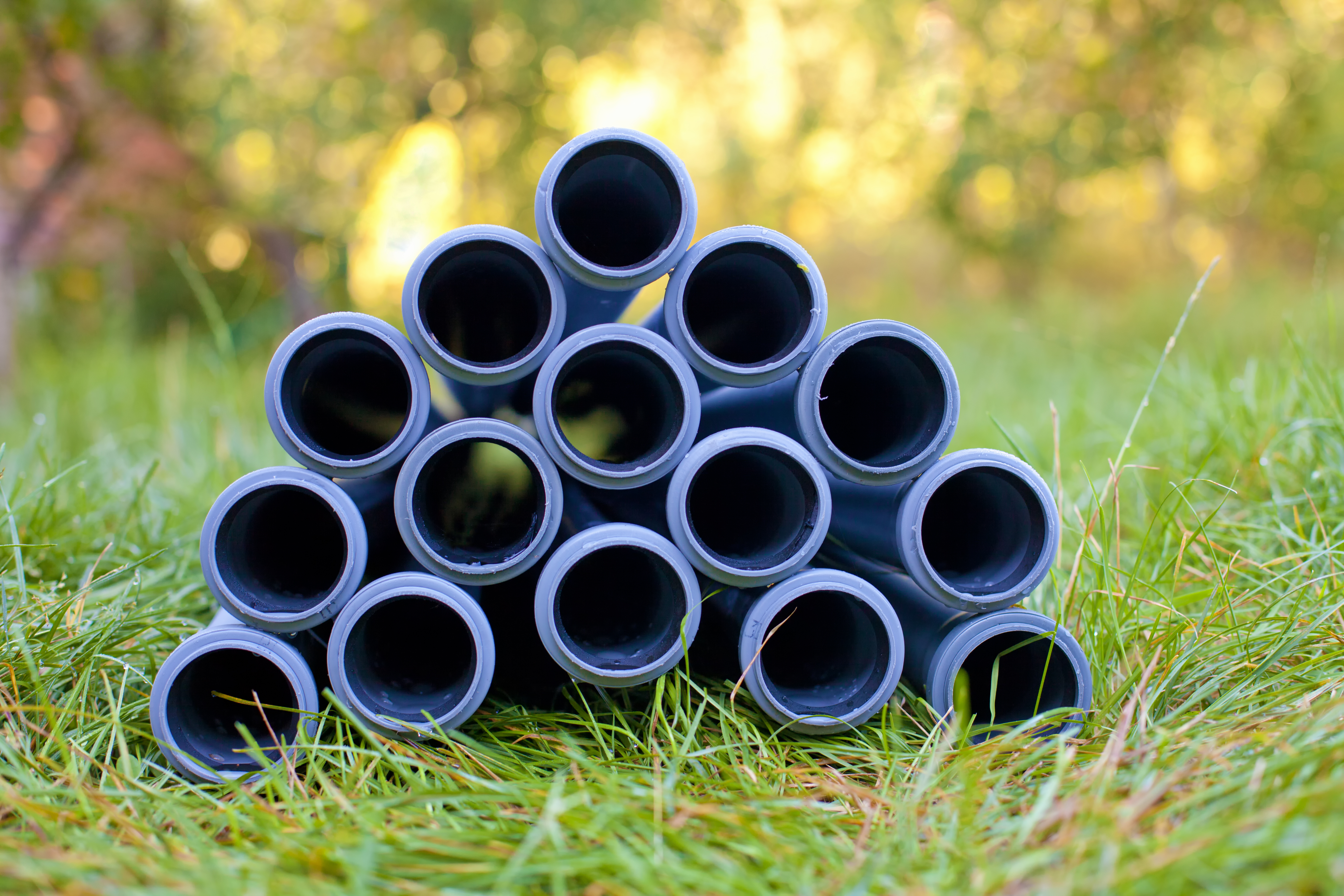When it comes to modern agriculture, efficiency and sustainability are key. One essential component that plays a crucial role in achieving these goals is the PVC pipe. Polyvinyl chloride (PVC) pipes have revolutionized the agricultural industry, providing a reliable and cost-effective solution for various irrigation, drainage, and water management needs. In this comprehensive guide, we will explore everything you need to know about PVC pipes and their applications in Western agriculture.
What is PVC?
PVC, short for polyvinyl chloride, is a synthetic polymer made from a combination of vinyl chloride monomers. It is a durable and versatile material that can be easily molded into different shapes and sizes, making it ideal for various applications. PVC pipes are known for their exceptional strength, longevity, and resistance to corrosion, chemicals, and weathering, which makes them perfect for agricultural use.
Advantages of PVC Pipes in Agriculture:
Cost-Effective Solution
PVC pipes offer significant cost advantages compared to traditional materials like metal or concrete. They are more affordable, lightweight, and easy to install, reducing labor and transportation costs.
Durability and Longevity
PVC pipes have a long lifespan, typically ranging from 25 to 100 years, depending on various factors such as pipe thickness, installation method, and maintenance practices. Their resistance to rust, corrosion, and biological degradation ensures consistent performance even in harsh agricultural environments.
Chemical Resistance
Agricultural systems often involve using fertilizers, pesticides, and other chemicals. PVC pipes have excellent chemical resistance, making them suitable for transporting various agricultural fluids without the risk of pipe degradation or contamination.
Smooth Interior Surface
The smooth interior surface of PVC pipes minimizes friction and pressure loss, allowing for efficient water flow. This feature is especially beneficial in irrigation systems, where even water distribution is crucial for crop health and yield.
Versatility
PVC pipes come in various sizes, diameters, and thicknesses, catering to different agricultural applications. Whether you need pipes for water supply, drainage, irrigation, or livestock management, PVC offers versatile solutions to meet your specific requirements.
Applications of PVC Pipes in Western Agriculture:
Irrigation Systems
Efficient irrigation is vital for crop growth and water conservation. PVC pipes are widely used in irrigation systems, including drip irrigation, sprinkler systems, and underground irrigation networks. Their durability, smooth flow characteristics, and resistance to root intrusion make them excellent for delivering water precisely to the plants’ roots.
Drainage and Water Management
Proper drainage is essential to prevent waterlogging and maintain soil health. PVC pipes are utilized in subsurface drainage systems to remove excess water from fields, preventing waterlogging and reducing the risk of crop diseases. They are also employed in surface drainage systems, such as open ditches and culverts, to manage runoff during heavy rainfall.
Livestock Watering Systems
PVC pipes are commonly used in livestock watering systems to provide a reliable and hygienic water supply. The chemical resistance of PVC ensures that the water remains free from contaminants, promoting animal health and productivity.
Greenhouse Plumbing
In greenhouse operations, PVC pipes are used for water supply, irrigation, and circulation systems. Their resistance to humidity and exposure to fertilizers and pesticides make them ideal for maintaining optimal growing conditions.
Why PVC Pipes Are Important
PVC pipes have become a game-changer in Western agriculture, offering numerous advantages such as cost-effectiveness, durability, chemical resistance, and versatility. They have proven indispensable in irrigation, drainage, livestock management, and greenhouse operations. Farmers and agribusinesses can enhance efficiency, reduce costs, and promote sustainable practices by adopting PVC pipes for various agricultural applications.
As technology and innovation continue to advance, PVC pipes are expected to evolve further, providing even more efficient and sustainable solutions for the ever-changing needs of agriculture.

